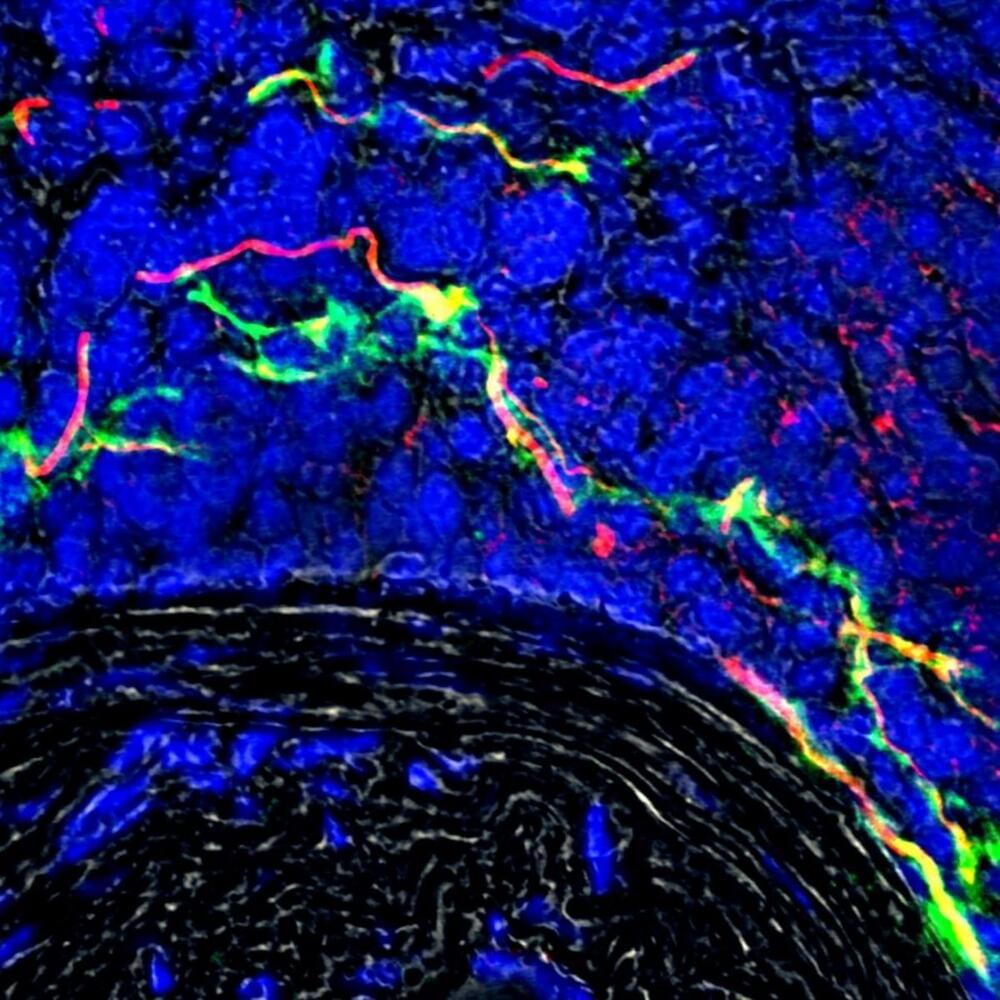According to Big Bang Theory, About 13.7 billion years ago, our entire universe existed as a singularity. It is really Difficult to imagine, how all the matter in the universe and space itself, existed in a form smaller than a subatomic particle.
But here, even more difficult question suddenly arises: What existed before the big bang?
Actually it doesn’t make any sense to ask, what happened before the big bang, as it is believed that time itself did not exist before the big bang!!! Space and time both were created after the big bang.
It is something like asking, what part of earth is north of the north pole. The north Pole is the most northern point on earth and so there is nowhere north of it.
But there is also possibility that something was there before the Big Bang happened
According to the “the big Bounce” theory, our universe is the recycled result of another universe, that dies and.
collapses in on itself. This collapsing universe would come back to a singularity before bouncing back out. It results in the big bang and a brand-new universe is again created.
But there is a problem with the big Bounce theory. Actually according to current observations, our universe is constantly expanding faster than ever before. But the big Bounce theory requires the universe to be contracted so that it can reach at the stage of singularity.
Another Possibility is of the parallel universe. According to this theory our universe is not the only Universe that exists. it is one of many universes in the Grand multiverse.
According to some scientists it may also be possible, our universe is at the other end of a black hole called a white hole.
A White hole has properties just opposite to that of the black hole.
In general relativity, a white hole is a hypothetical region of spacetime which cannot be entered from the outside, although matter and light can escape from it. In this sense it is the reverse of a black hole, which can only be entered from the outside from which matter and light cannot escape. Unlike black holes, white holes spew material into space rather than sucking material in.
All that we have discussed here, are the possibilities, what existed before the big bang. Actually we don’t really know, what really caused the big bang and what was present before it. Was there no space and time before Big Bang is also a mystery.
Visit My blog for more information.
https://www.engineeringmadeeasypro.com/
Please Support me on Patreon.
https://www.patreon.com/user?u=20310205
Like my Facebook Page.
https://www.facebook.com/lalitvas/?ref=aymt_homepage_panel.
Join my Facebook Group.
https://www.facebook.com/groups/1865786296998316/
PLAYLISTS on different Topics (Choose from the Large Collection of Videos)


